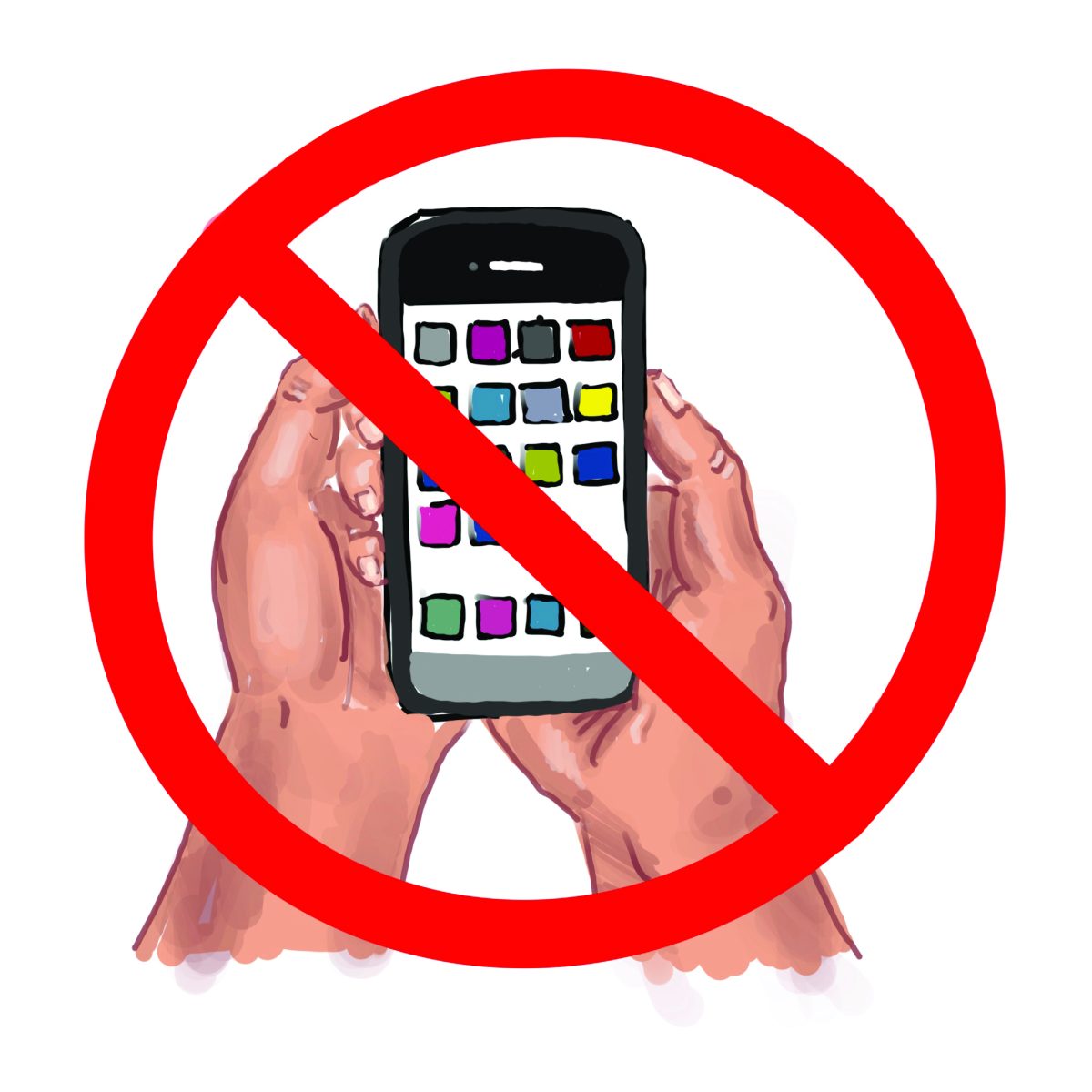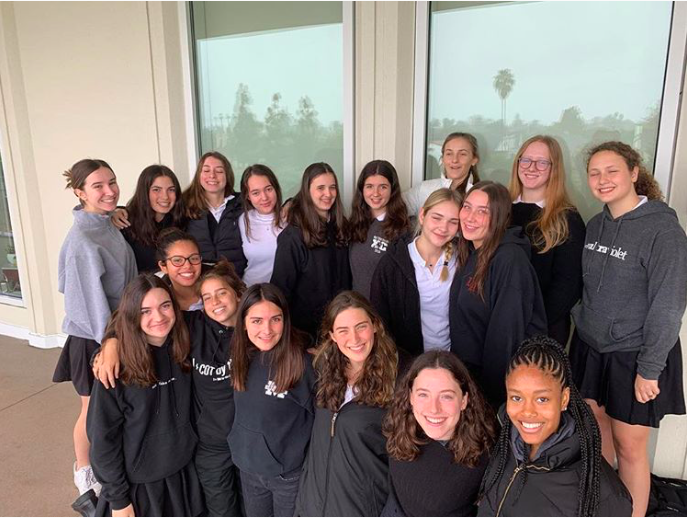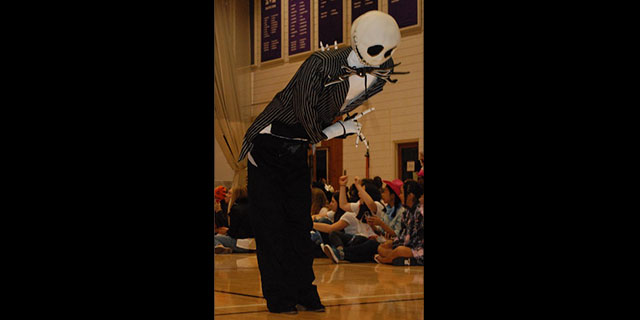
When most of us think of feminists, we think of women who gather around a fire, priding themselves on their unshaven legs and armpits, bashing men and burning their bras. But what about women who believe that it’s time for a female president, strongly support equal opportunities for both sexes, and aren’t extremists? The dictionary’s definition of a feminist is someone who “advocates social, political, legal and economic rights for women equal to those of men.” The mistake people often make is that being a feminist means you want power for women, that you support women. But in reality, the word refers to equality between the sexes, not to women over men.
These two distinct definitions specify different points on the spectrum—the radical and the reasonable—yet the word used to define them is often full of muddy connotations. Frequently, people think of this first interpretation of the word “feminist” while it describes only a very small group. When did we let the proponents of a revolution become overshadowed by the word used to describe it? When did we let “feminist” become such a negative word?
In 1972, both houses of Congress passed the Equal Rights Amendment (ERA) 50 years after it was originally proposed. The ERA failed to be ratified by state legislatures, however, and expired in June of 1982. But a majority of national lawmakers agreed, as the ERA states, that the “equality of rights under the law shall not be denied or abridged by the United States or by any state on account of sex,” and yet, women today are still fighting for rights that were promised to them (The 14th Amendment is now thought to ensure equality under the law for women). Currently, women only earn 77.5 cents for every dollar that men earn, and we earn less money than men do in 99% of all occupations—to most women, that’s something worth fighting for.
These women are feminists. They’re not the crazed, hysterical women you hear stories about, women whose emotions are only affected by their menstrual cycles and whose goals include a society completely without men. No, these are women who have innovative ideas and are ready to move forward. A fact often overlooked is that men, yes men, had to vote for the ERA, since women could not vote. Male feminists? Sounds like an oxymoron, but they exist, much like non-radical feminists.
Since we’re students an all-girls school, I like to think that we all have a little feminist spirit inside of us. While we may not be standing outside holding picket signs protesting Planned Parenthood budget cuts, we have been given an education that will allow us to get good jobs—a privilege women, feminists to be precise, had to fight for before us. Maybe along this journey, these headstrong women came off a little too radical to prove their point, and caused the word feminist to no longer be considered feminine.
Over time, the novelty of working women is being erased, slowly but surely. 30 years ago, there were only a handful of women heading off to law school, but now 47% of the average law school class is made up of women.
If you don’t like to associate yourself with the negative connotations of being what most people consider a feminist to be, then change what the word means to those around you and prove with your behavior that women are not always radical or overly aggressive in their attempts to be equal to men. That’s right. As a woman, make a difference. As a woman, demand equal rights. As a woman, accept the compliment that is being called a feminist.













Lisa • Mar 17, 2012 at 9:27 pm
Things that scare me: spiders, all mammal beanie babies, my fourth period teach, and Y2K.
Things that don’t scare me: Feminism.
Future Feminist • Mar 17, 2012 at 11:24 am
Rock on! Girl Power! This has inspired me! I AM FEMALE. HEAR ME ROAR. Lets make a difference, ladies!